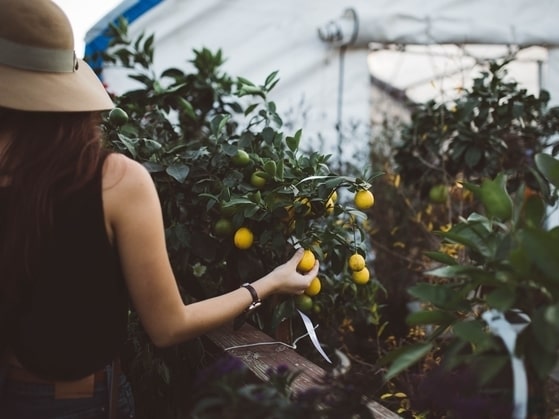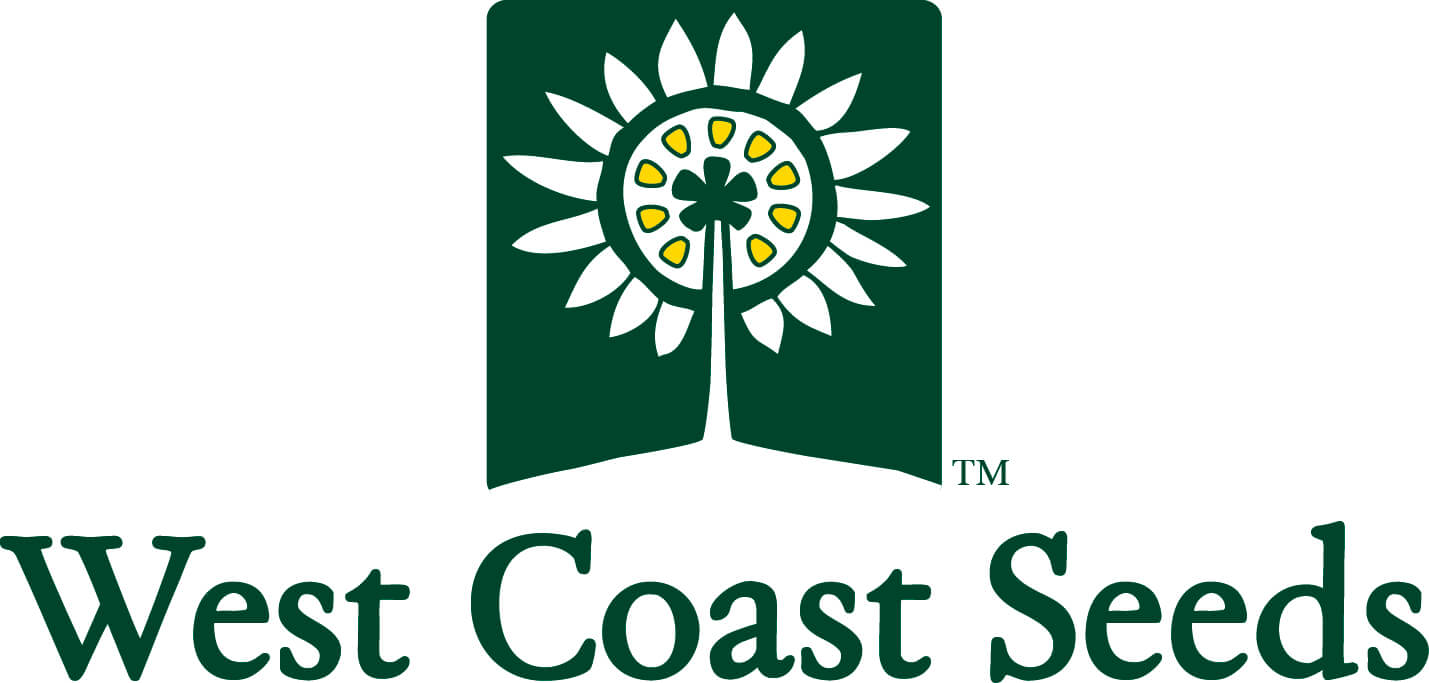#PollinateVancity
We aim to rejuvenate pollinator health by helping neighbourhoods and cities transform their unused land into green spaces.
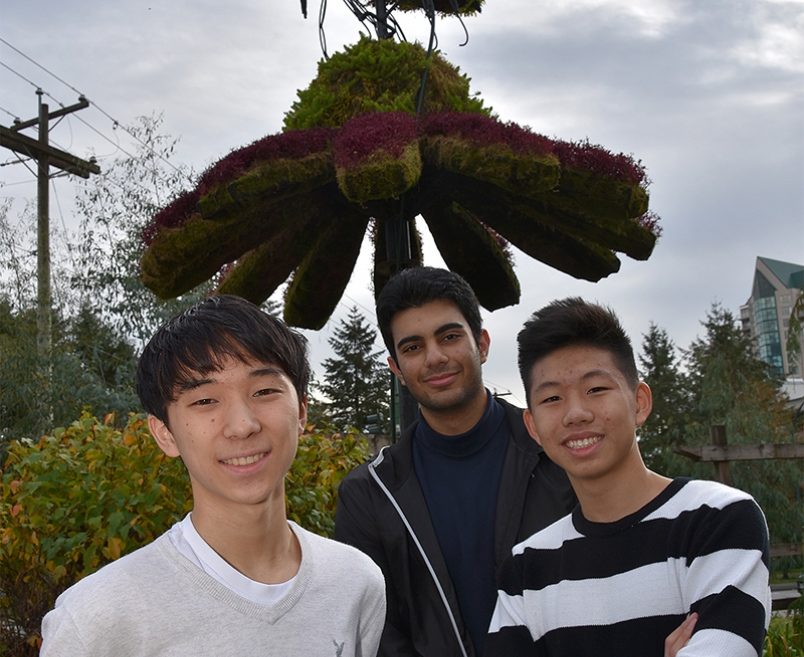
Each year we lose roughly 160,000 square kilometres of animal habitat.
Deforestation claims 0.6 hectares of forest each second, and our cities aren’t getting any smaller. What could this mean for native pollinator species? It is an undeniable fact that animal populations have been on a progressively concerning decline in the past few decades. There are many different factors that contribute to this; most of which are related to increased human activity. Loss of territory puts a tremendous amount of stress on native animals – especially pollinator species. We’ve coexisted and relied on pollinators for thousands of years, but the modern age has ushered in a new rate of expansion at which pollinators just can’t keep up with. Bees for example, account for roughly a third of the world’s pollination services (based on their economic output) but require relationships with certain plants to sustain their colonies. As we build bigger cities, schools, and shopping malls, these plants become harder to find. Join us this year as we retake pollinator habitat in the Metro Vancouver Area by transforming unused land into pollinator-friendly green spaces!

Here’s what we’re going to do.
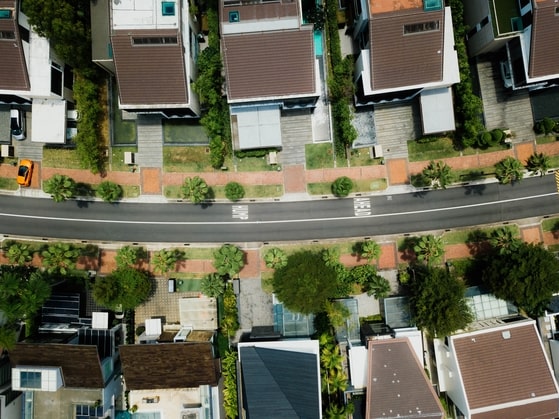
Step 1
Branches of our organization will be roaming around neighbourhoods in the Metro Vancouver Area, going door-to-door to introduce themselves. They’ll work with homeowners to identify unused gardening areas which can potentially be transformed into a green space. These areas will include vacant garden beds, pots, and parking lot strips.
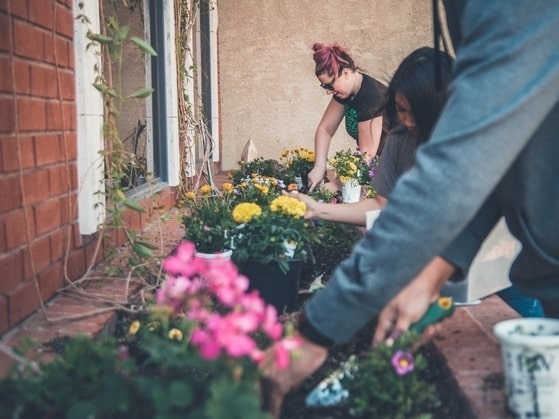
Step 2
Once an area is identified, we’ll be sowing the plot with West Coast Seed’s “Bee Blend”, a mix of pollinator-friendly flower seeds. These seeds will sprout into a beautiful patch of wildflowers, which will empower the local pollinator network – which consists of bees, hummingbirds, and butterflies! Click here to learn more.
How else can we help the pollinators?
Organic gardening is friendly towards pollinators and serves as a gateway for many people to get into environmentalism. Plants such as kale, broccoli, and asparagus act as incredible pollinator devices while also adding diversity to a diet. In addition, organically grown vegetables clear up pollution, reduce pesticide use, and are generally better for the environment. On a broader scale, organic gardening can help reduce stress on local food banks, reduce packaging waste, and bring people together. In many metropolitan areas, organic gardening is being employed to provide a sustainable source of food for the less fortunate. For more information on the benefits of organically grown foods, visit www.earthsave.ca
To encourage organic gardening, we’ll be dispersing complementary vegetable seed packets within the neighbourhoods that we visit!
